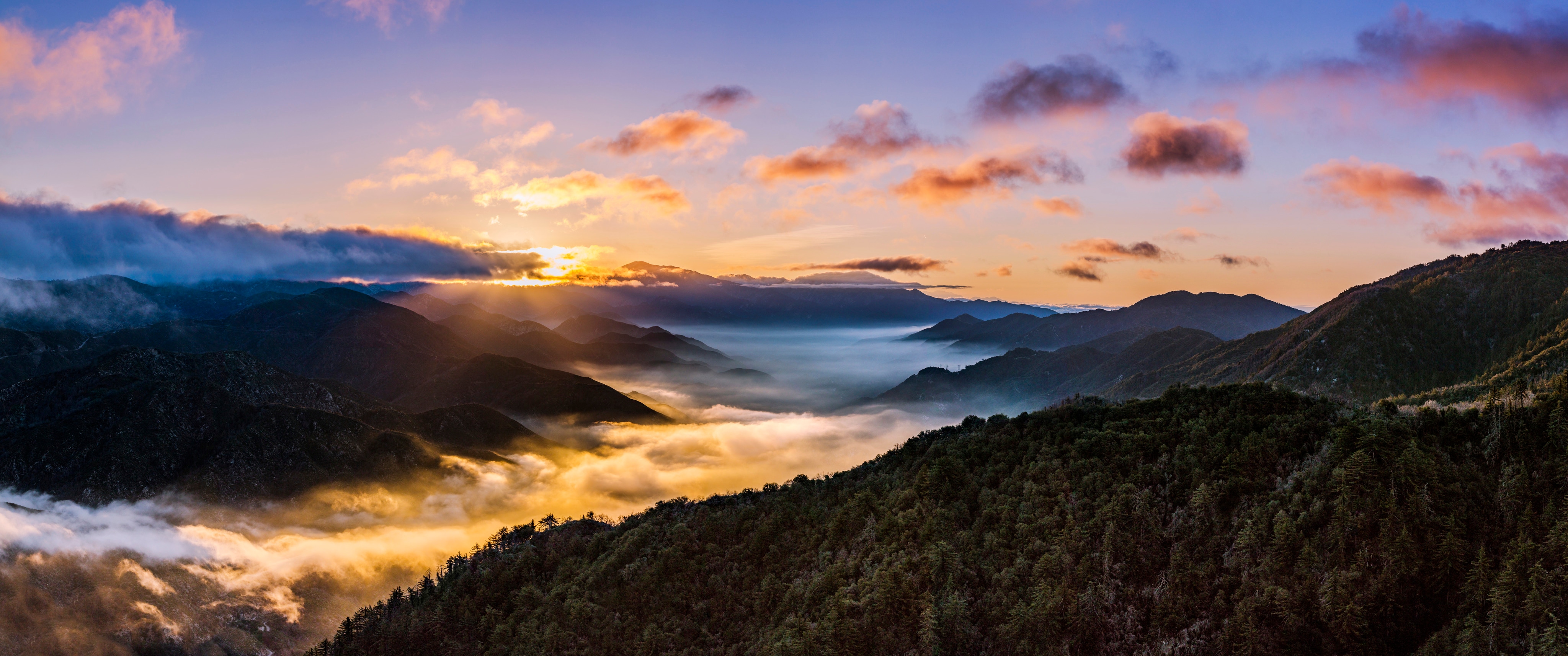
Millions of acres of natural wonders are at stake.
When it comes to protecting our national monuments – some of America’s most precious public lands – time is off the essence.
Spanning hundreds of millions of acres of pristine landscapes and waterways, our national monuments preserve 138 sites of profound historical, cultural and natural importance. These treasured places welcome millions of outdoor enthusiasts from across the country and around the world each year – powering the $1.2 trillion outdoor recreation economy. Our national monuments are world-class wonders, let’s make sure our elected officials protect these precious spaces.
Together, we can make sure those in power back off from recent repeated attempts to reduce the boundaries of or rescind the designations of national monuments we fought so hard to establish. That’s why we need your help to make sure members of Congress feel our collective action.